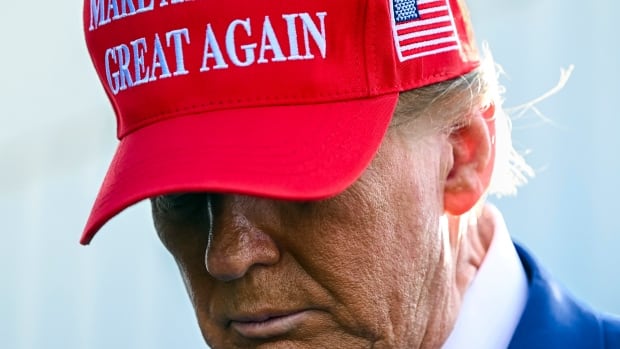Special counsel Jack Smith moved to abandon two criminal cases against U.S. president-elect Donald Trump on Monday, acknowledging that Trump’s return to the White House will preclude attempts to federally prosecute him for retaining classified documents or trying to overturn his 2020 election defeat.
The decision was inevitable, since longstanding U.S. Justice Department policy says sitting presidents cannot face criminal prosecution. Yet it was still a momentous finale to an unprecedented chapter in political and law enforcement history, as federal officials attempted to hold accountable a former president while he was simultaneously running for another term.
Trump emerges indisputably victorious, having successfully delayed the investigations through legal manoeuvres and then winning re-election despite indictments that described his actions as a threat to the country’s constitutional foundations.
“I persevered, against all odds, and WON,” Trump exulted in a post on Truth Social, his social media website.
He also said that “these cases, like all of the other cases I have been forced to go through, are empty and lawless, and should never have been brought.”
The judge in the election case granted prosecutors’ dismissal request. A decision in the documents case was still pending on Monday afternoon.
Constitution requires dismissal, prosecutors say
The outcome makes it clear that, when it comes to a president and criminal accusations, nothing supersedes the voters’ own verdict. In court filings, Smith’s team emphasized that the move to end their prosecutions was not a reflection of the merit of the cases but a recognition of the legal shield that surrounds any commander in chief.
“That prohibition is categorical and does not turn on the gravity of the crimes charged, the strength of the Government’s proof, or the merits of the prosecution, which the Government stands fully behind,” prosecutors said in one of their filings.
They wrote that Trump’s return to the White House “sets at odds two fundamental and compelling national interests: on the one hand, the Constitution’s requirement that the President must not be unduly encumbered in fulfilling his weighty responsibilities… and on the other hand, the Nation’s commitment to the rule of law.”
In this situation, “the Constitution requires that this case be dismissed before the defendant is inaugurated,” they concluded.
Smith’s team said it was leaving intact charges against two co-defendants in the classified documents case — Trump valet Walt Nauta and Mar-a-Lago property manager Carlos De Oliveira — because “no principle of temporary immunity applies to them.”
‘Political weaponization’
Steven Cheung, Trump’s incoming White House communications director, said Americans “want an immediate end to the political weaponization of our justice system and we look forward to uniting our country.”
Trump has long described the investigations as politically motivated, and had vowed to fire Smith as soon as he takes office in January. Now he will start his second term free from criminal scrutiny by the government that he will lead.
The 2020 election case brought last year was once seen as one of the most serious legal threats facing Trump as he tried to reclaim the White House. He was indicted for plotting to overturn his defeat to Joe Biden in 2020, an effort that climaxed with his supporters’ violent attack on the U.S. Capitol on Jan. 6, 2021.
But it quickly stalled amid legal battles over Trump’s sweeping claims of immunity from prosecution for his actions while he was in the White House.
The U.S. Supreme Court in July ruled for the first time that former presidents have broad immunity from prosecution, and sent the case back to U.S. District Judge Tanya Chutkan to determine which allegations in the indictment, if any, could proceed to trial.
The case was just beginning to pick up steam again in the trial court in the weeks leading up to this year’s election. Smith’s team in October filed a lengthy brief laying out new evidence they planned to use against Trump at trial, accusing him of “resorting to crimes” in an increasingly desperate effort to overturn the will of voters after he lost to Biden.
In dismissing the case, Chutkan acknowledged prosecutors’ request to do so “without prejudice,” raising the possibility that they could try to bring charges against Trump when his term is over. She wrote that is “consistent with the Government’s understanding that the immunity afforded to a sitting President is temporary, expiring when they leave office.”
But such a move may be barred by the statute of limitations, and Trump may also try to pardon himself while in office. The immunity afforded to a sitting president is temporary, expiring when they leave office.


